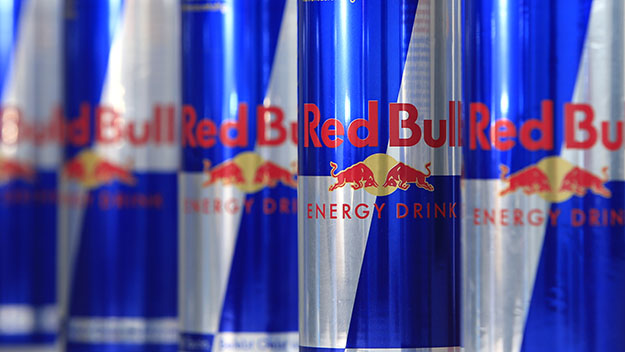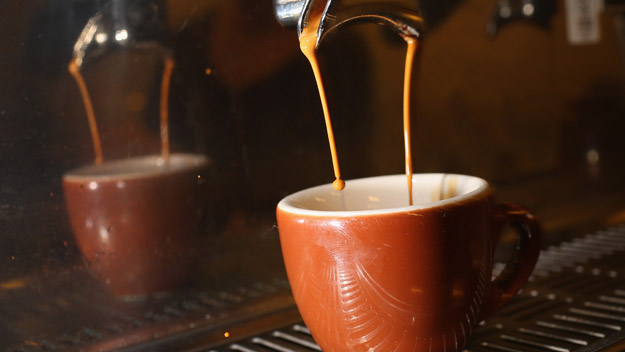A study published in the Frontiers in Public Health Journal, has recommended that caffeine levels be capped as new “extreme, highly caffeinated” drinks enter the market.
Excessive caffeine can cause heart palpitations, hypertension, vomiting, convulsions and in extreme cases heart failure leading to death.
Although some coffees have comparable levels of caffeine as some energy drinks, the study points out that the latter can be drunk cold and therefore more quickly and that caffeine levels in energy drinks are variable and sometimes “extreme”. Furthermore, the drinks are aggressively marketed to children, adolescents and young people.
The impact of caffeine on children is of particular concern, with potentially “harmful adverse and developmental effects”. The report also recommends that the restriction of sales to children and adolescents be considered.
Energy drinks often claim to improve performance and may include other ingredients like guarana, taurine and B vitamins, which the researchers say require further investigation, particularly their interaction with caffeine.
Also a growing global trend is combining the drinks with alcohol, which poses separate risks of injury, excessive intoxication and alcohol poisoning.
The energy drink market has enjoyed global growth of 620% over the last 15 years, making it a $US27.5 billion business last year. In the States, sales have grown by a whopping 5000% over the same period.
The report says more research is needed so that the full impact of the rise in popularity of energy drinks can be quantified.


